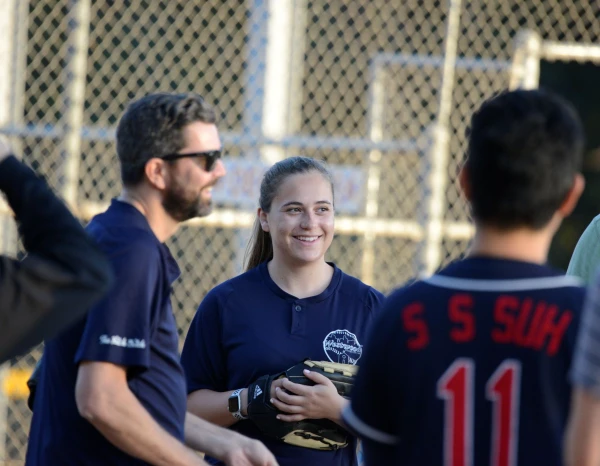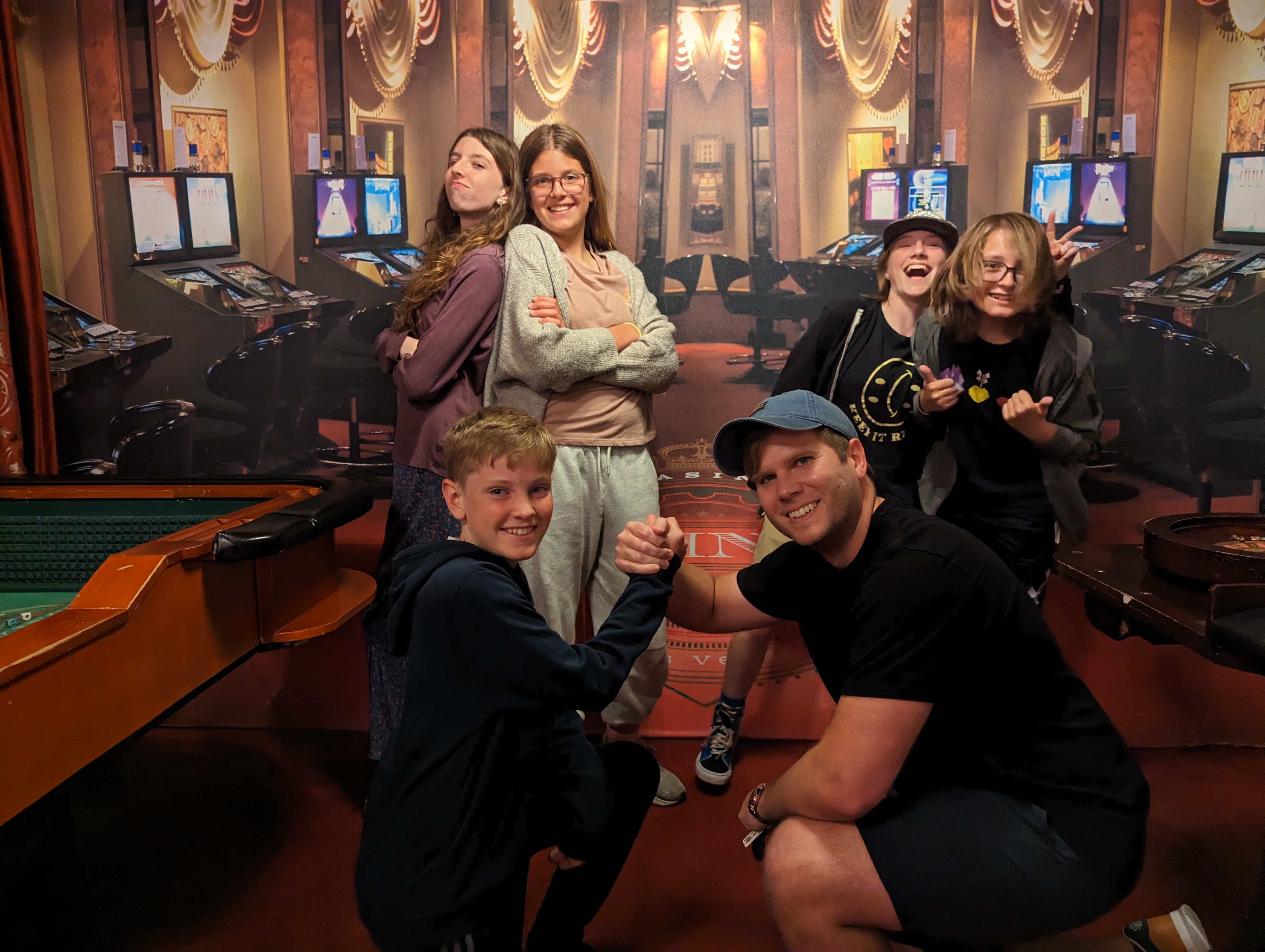Fun & Fellowship

The “Westwood Youth Collective” comes together to learn from and support one another, and seek to build a better world.

We are a community of students learning to walk humbly, to love kindness, and to do justice (Micah 6:8). Together we are creating a safe space where we can learn from one another, support one another, and build a better world with one another. Together we love, heal, and embrace the world in the Spirit of Christ. Together we pray, we doubt, we grow, we share. Together we stand with those on the margins, with people of color, with the disabled, with our LGBTQ+ friends, and with all those who thirst for justice.
We are a community of students finding our way … together.

The Westwood Youth Collective gathers every Sunday at 10:00am in the Youth Lounge at WPC for fun, reflection, and honest conversations about faith. We hope you'll join us!
For more information or to be added to the newsletter, contact Interim Director of Student Ministries, Michelle Whelan at mwhelan@westwoodpres.org. For more information about Michelle, check out her bio here.